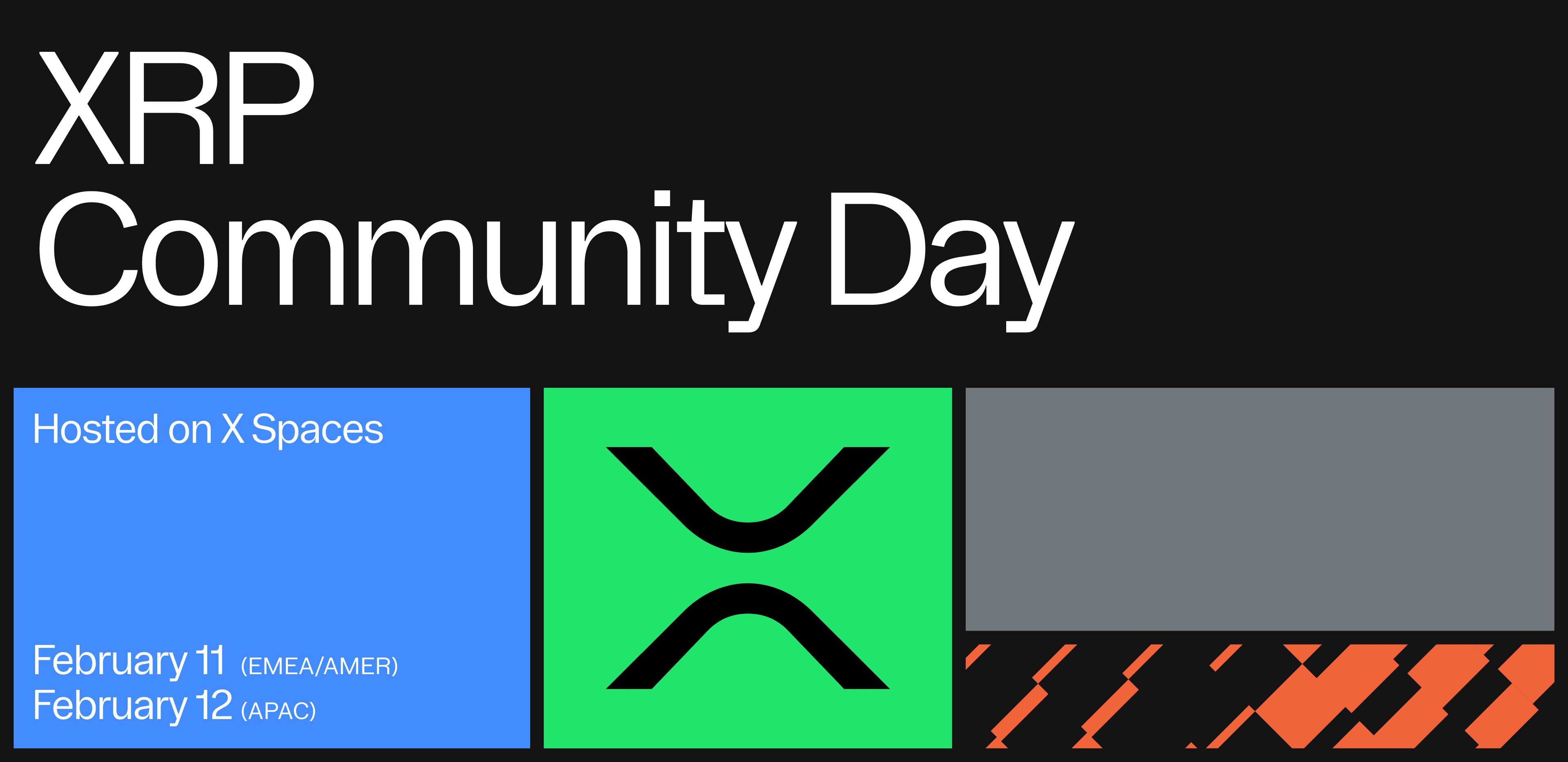Leading industry experts are discussing the growing adoption of cryptocurrencies throughout Africa. From the drivers behind it, to the opportunities that asset tokenization can bring, let’s dive into the five key digital asset trends shaping up throughout the region.
1. More Investors Jump into Digital Assets
Retail participation in cryptocurrency markets is soaring exponentially across Africa.
Major sub-custodians are estimating roughly 8.5% of Kenya’s population currently own cryptocurrencies, as do 10% of all South Africans – or 5.8 million people.
Meanwhile, a 2022 report by crypto exchange KuCoin reveals that 33.4 million people in Nigeria, corresponding to roughly 35% of the population aged between 18 and 60, either own cryptocurrencies or have traded them in the previous six months.
In contrast to cryptocurrencies, inflows into tokenized assets have been somewhat muted. However, experts believe these financial instruments could bring major benefits to investors in Africa. Tokenization is when an asset—such as a deposit, a treasury bill, a commodity such as gold, or even a piece of real estate—is represented as a digital token issued on a blockchain. This allows assets to become more accessible to a wider range of participants, including those in frontier or emerging African markets.
“We recently saw BlackRock launch a tokenized money market fund and this has lowered the barrier to entry for investors,” said Maximilian Ruf, Director of Global Client Solutions at Ripple. In less than a week after its initial debut, BlackRock’s tokenized fund had already attracted $240 million.
Beyond money market funds, there is nothing to prevent alternative investment funds such as venture capital or private equity from being tokenized, said the executive at the sub-custodian on the panel. These types of illiquid products have only ever been sold to large institutions, but tokenization could allow them to be distributed to mass retail.
If tokenization takes off, people in Africa—many of whom have historically been excluded from financial markets altogether—will become increasingly empowered to make investments.
2. Cryptocurrencies Show No Sign of Slowing Down
Cryptocurrencies are being used extensively as a risk mitigation tool. As cryptocurrency price movements are broadly uncorrelated with those of equities and bonds, Ruf said these assets have become a safe haven for many in Africa and elsewhere.
“Some, including BlackRock, have said that Bitcoin could be an effective hedge against inflation risk. Bitcoin could potentially be a complement to gold as a store of value,” he continued.
There are other reasons for these inflows beyond just returns and hedging, particularly in Africa. A lack of liquidity in certain African equity and fixed-income markets is pushing a number of people away from traditional asset classes towards alternatives, including cryptocurrencies.
And finally, the practical benefits of holding cryptocurrencies are more obvious in Africa than in developed markets. “They can solve a number of real-world challenges in Africa. Cryptocurrencies will give ordinary people access to financial services and can support them with cross-border payments with limited friction,” said Ruf.
3. Regulators in Africa Go on the Front Foot
The rollout of crypto and digital asset regulation is helping to accelerate flows, especially from institutions, into cryptocurrencies. And a handful of African markets are making excellent headway on regulation.
“Having confirmed that crypto assets such as cryptocurrencies are financial products and are therefore subject to regulations aimed at protecting customers and preventing money laundering and terrorist financing, South Africa’s Financial Sector Conduct Authority (FSCA) recently approved licences for 75 Crypto Asset Service Providers (CASP), including the likes of Luno and VALR, but with the expectation that a move from traditional banks into the market is imminent,” said Bradley Johnson, Custody Sales Director for Africa at Ripple.
Mauritius is widely considered to be at the forefront of digital asset regulation as well. The country’s Virtual Assets and Initial Token Offering Act (VAITOS) came into play in February 2022, and creates a regulatory framework for digital assets, including cryptocurrencies, together with virtual asset service providers (i.e. digital asset custodians) and issuers.
Meanwhile, other countries in the region, including Kenya, are also in the early stages of developing cryptocurrency regulation. As countries increasingly introduce constructive cryptocurrency regulations, institutions that have historically been quite risk-averse about the asset class, will likely become more comfortable.
4. Custody Drives the Institutional Inflows
Institutions are upping their digital asset game thanks to more enterprise-grade service providers and global digital asset custodians operating in the market today.
“Custody is the foundation of everything. When you speak to institutions about their conditions for entering into the digital asset market, the first thing they want is a robust custody network,” explained Johnson.
A handful of incumbent custodians have begun to explore and implement digital asset custody solutions to complement their existing asset-servicing businesses. High-profile examples include Societe Generale FORGE, the first and only bank in France to obtain a full Digital Asset Service Provider (DASP) license, and HSBC, one of the world's largest global custodians, which announced plans to develop an institutional custody solution for tokenized securities.
“Owing to being so heavily regulated, well-capitalized, and having an ingrained culture of risk management, custodian banks are well-positioned to support institutions looking to trade cryptocurrencies or tokens,” said Johnson.
5. Technology Providers are Shaping Digital Asset Trading
Technology providers play an instrumental role in facilitating the institutional adoption of blockchain and crypto technology.
Although some banks may choose to build their digital asset technology stacks in-house, others choose to leverage the expertise of an external digital asset custody provider like Ripple. Ripple’s crypto custody solution is used by some of the world’s largest global custodians to establish digital asset custody platforms and provide necessary tokenization infrastructure.
“Through Ripple, institutional investors can also benefit from the company’s payment capabilities, its big network of liquidity, and sizable balance sheet,” said Johnson.
For more regional insights and digital asset trends shaping the finance industry, download the latest Trends in Regional Payments eBook.







